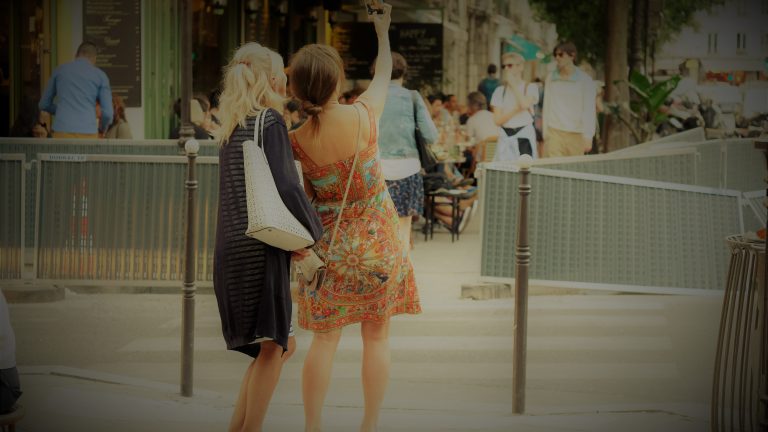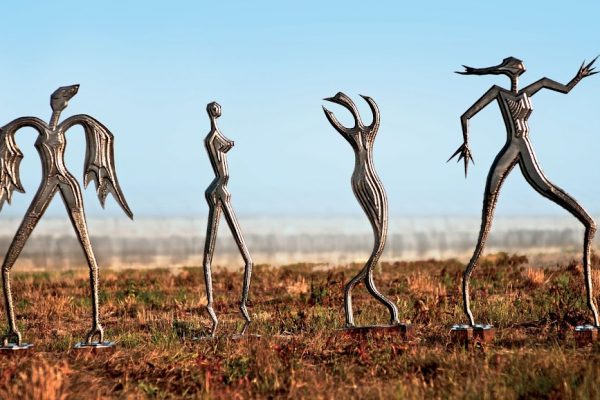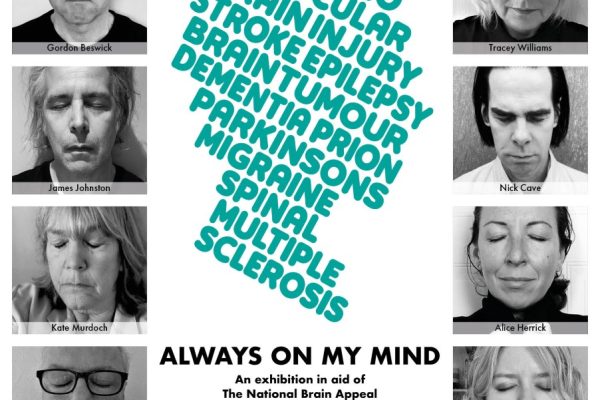A friend is dead! It hurts and I miss him and the exchange with him. I really appreciated his ideas and his statements based on experience. He was planning a larger art project in which I was to be involved as an artist, and he had therefore presented three of my artworks to a larger public in an American television program two years ago.
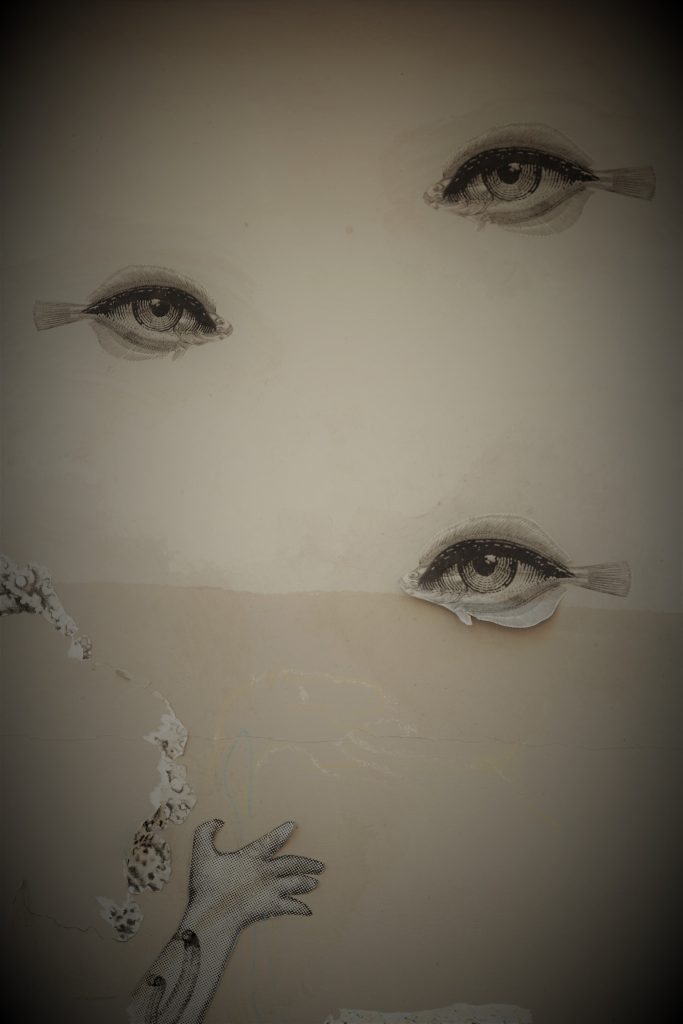
Yet we had only seen each other once in person last year in Vienna, where he last lived. We were in a regular exchange, which was unfortunately interrupted again and again by his periods of illness. I was worried about him more often because of that. We knew each other from LinkedIn, a kind of Facebook with a professional veneer. He appreciated my work and was keen to promote me and, as a curator, was planning art exhibitions in which he wanted to show my artworks, among others.
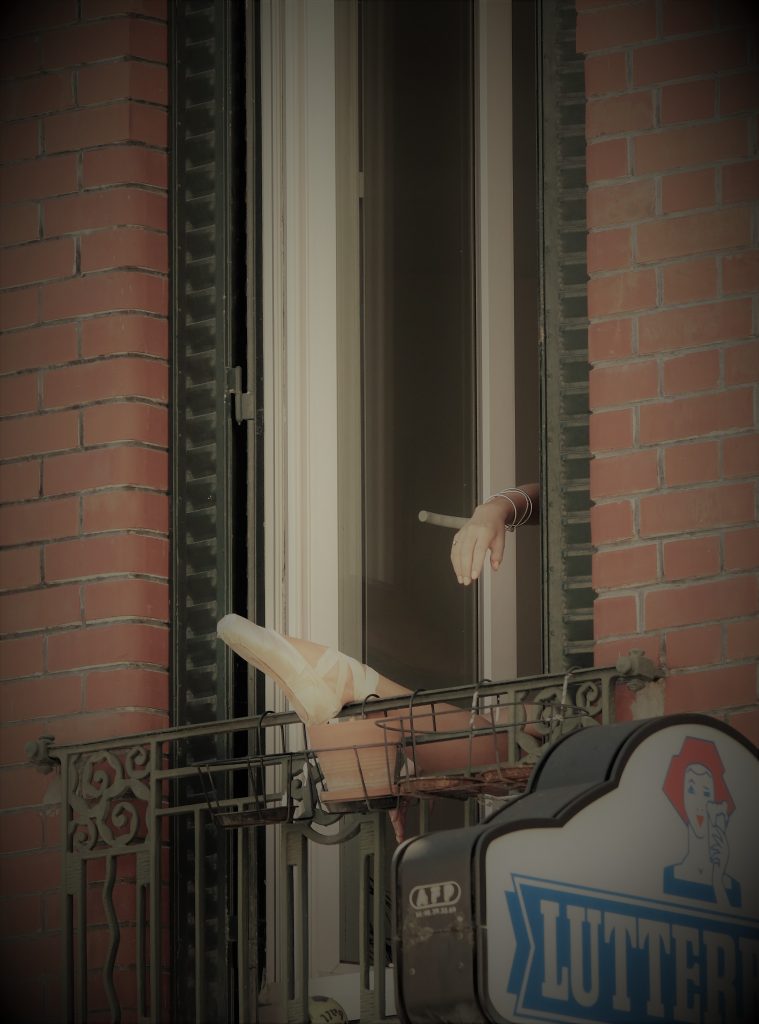
I learned about it ten days late from a very concerned friend who had received a personal message from the family shortly before. This friend and he had also met only once in New York at an art fair and were since then, via social media in active and very positive contact. Shortly thereafter, I also read an obituary by the family on LinkedIn and facebook. Almost at the same time I learned from an artist friend from Canada that one of her art friends, whom she “only” knew from the internet, had died and she was also very sad about it. It was not the same person, but the pain associated with it was quite comparable.
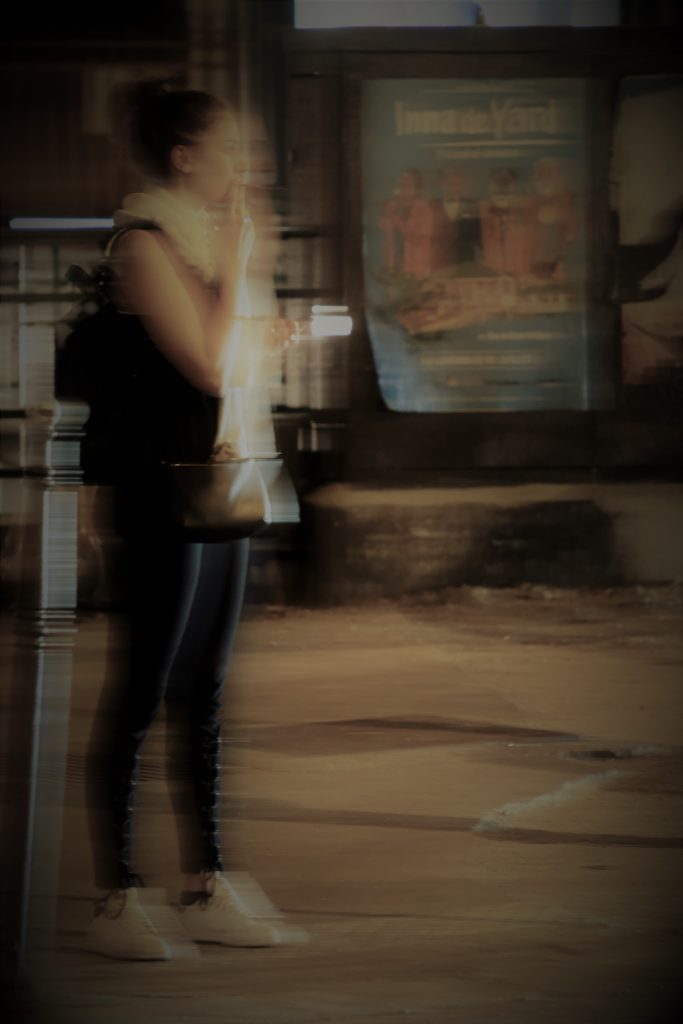
How can it be that people we only or mostly know from the net grow so fond of us and we suffer equally as if we had been friends in real life.Social media offer a variety of different ways to get in touch with other people, to communicate, to have fun together, to share information, to work together, to distribute games or products of all kinds, etc. We all know this more or less and use these opportunities according to our own possibilities and demands.
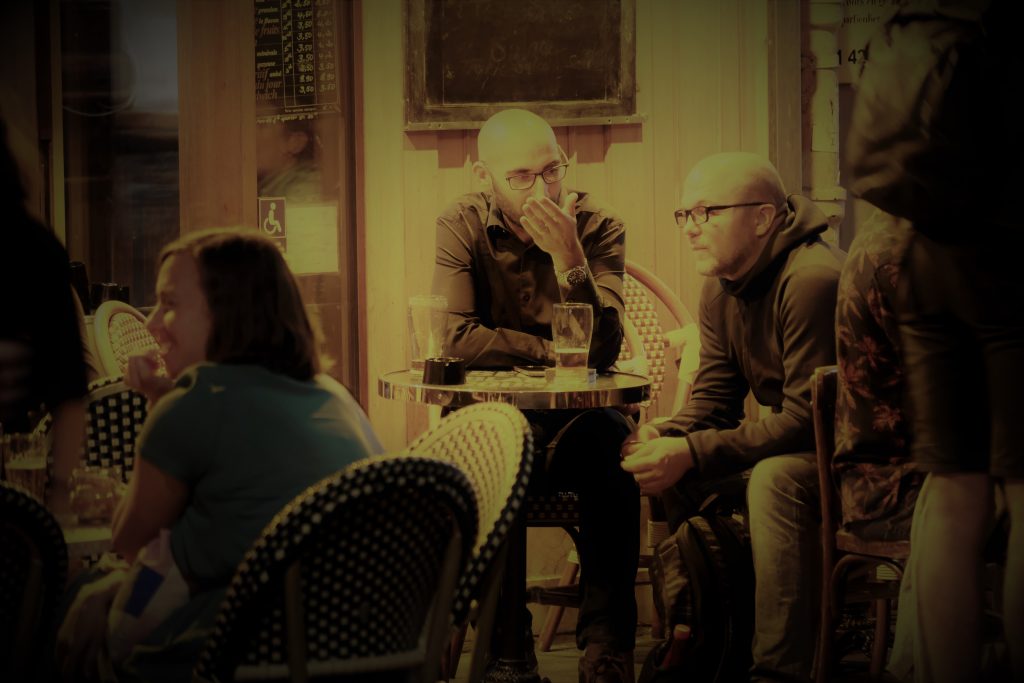
We are connected with people we already know, like work colleagues, friends and relatives and use the media as an extended possibility to our already existing communication ways and structures. It’s a nice way to share pictures, comment together and share in family, friendship or professional highlights. This binds us together and gives us a nice feeling of connection. Especially in times of Corona and the accompanying contact restrictions, the media were an important support for many people and often even the only way out.
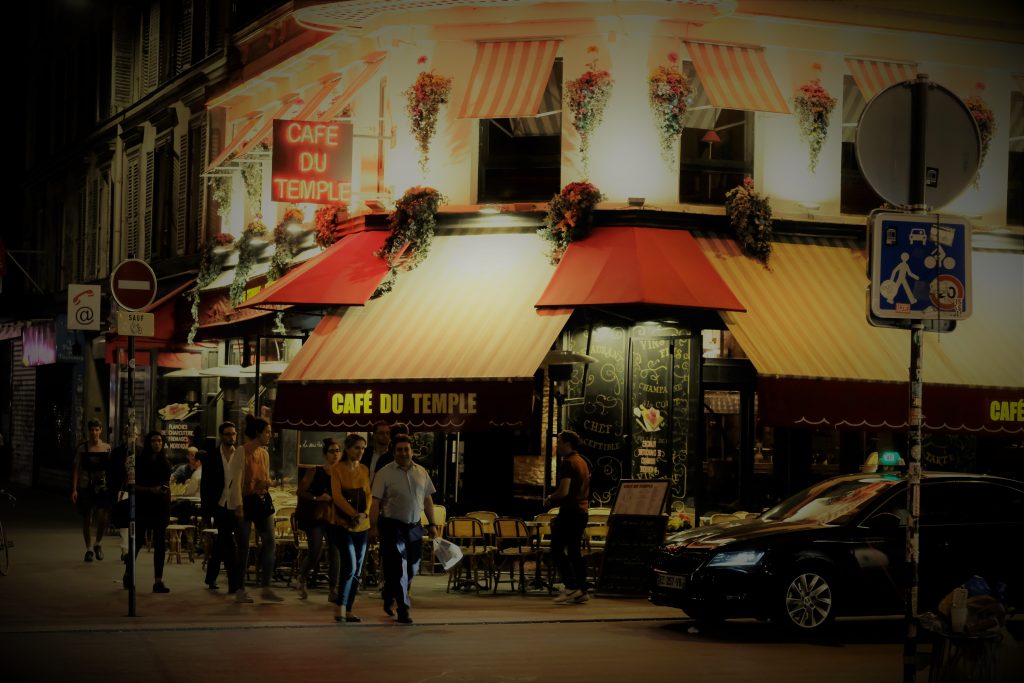
But what if contacts first arise through the use of social media? You see a picture or read a text, something catches your attention and a contact and a first exchange of more or less personal content develops. If necessary, further points of contact arise and a more or less lively exchange takes place. While “friendships” in social media were often ridiculed in the past, nowadays, with the experience of almost twenty years of Facebook and other platforms, we know that real forms of relationships and friendships can result from them, which are often not inferior in quality to analog friendships or sometimes even go beyond them.
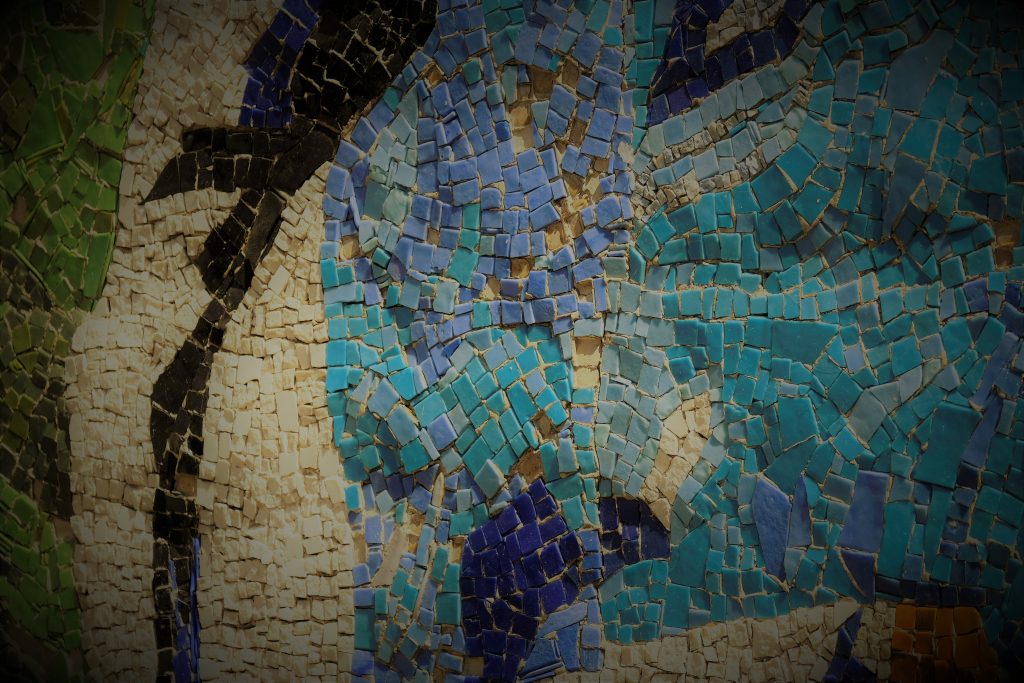
What about friendships? What constitutes friendships? A personal level of conversation that goes beyond superficial content? Sustained contact over the years? Memories of times spent and experienced together? Offers of help in times of personal need, or is it a shared level of mutual understanding and the resulting long conversations over a beer, wine, or whatever one likes to consume? Probably for many people it is a motley mix of many of these factors and perhaps a few more, as this small list does not claim to be exhaustive. How many friendships have we seen grow and die and how many friends have remained from childhood or school days that you want to confide in, that stand by you unconditionally? Has the quality of the friendships that you carry with you as security in your psychic account perhaps changed, shifted, and do they possibly no longer carry you as far as you might commonly think? Shall we take a little test and check them out?
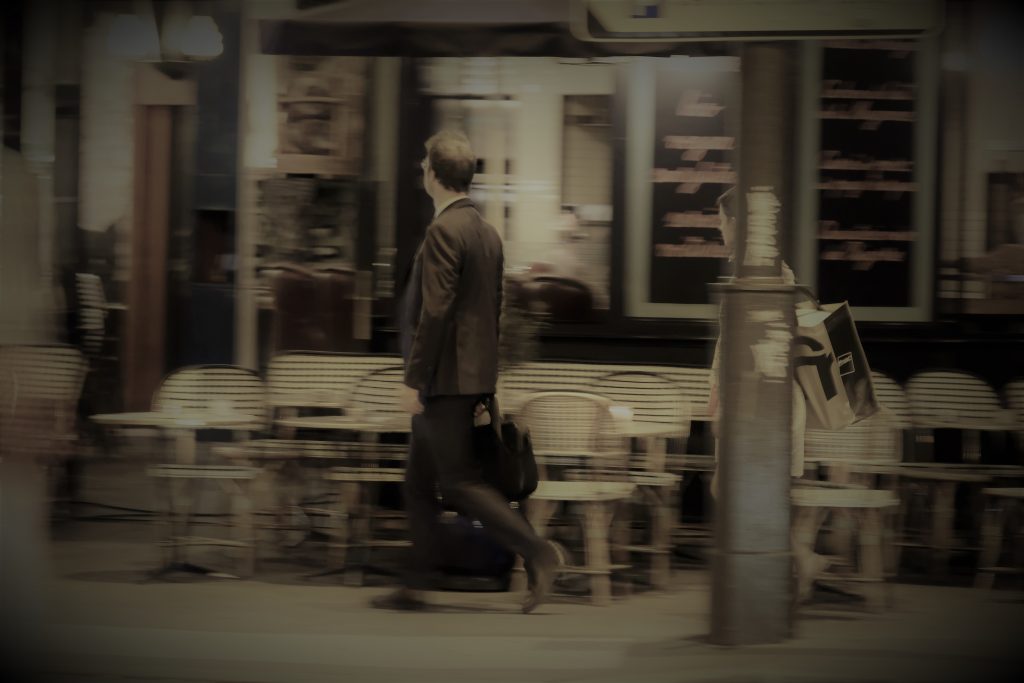
To whom would you really reveal your relationship problems, possibly talk about your problems with sex and reveal your greatest fears? Isn’t it sometimes even the case that a friendly closeness can even prevent you from talking about certain problems? Isn’t it sometimes even easier to hand over your baggage to a stranger, because at best there are no personal relationships with other people involved?

Before Corona, I attended a performance of a children’s theatre and stood in a queue at the cloakroom. It was very crowded and it took a while before I could hand in our jackets. In a second line next to me was an older man who abruptly approached me and told me about the problems with his daughter-in-law and granddaughter. He seemed to have forgotten that he was holding the child by the hand. Despite my pointing this out to him, he continued in his account. It must have been clear to him that I could not advise him, for one thing there would have been no time, and for another we were in a completely inadequate situation for such a conversation, and what was more, his granddaughter, who was about six years old, now also had to listen to his worries and was correspondingly irritated.
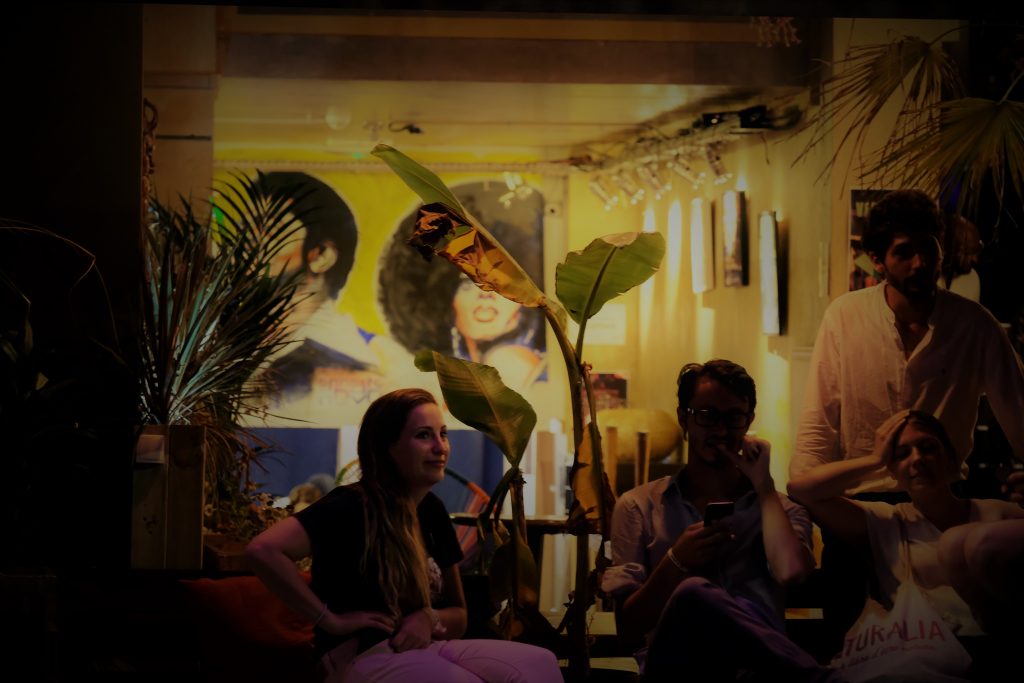
So can’t friendships in social networks also carry us and strengthen us? The mechanisms available there, such as like buttons of a more or less differentiated nature, give us the opportunity to confirm others in their actions, even for small things and successes, or, conversely, to receive a feeling of appreciation. Of course, this is fun or gives a good feeling and, in case of doubt, leads to the fact that one likes to surround oneself, even in the digital world, with people whose actions one can best follow and who appreciate one’s own actions and evaluate them accordingly. One certainly feels connected more quickly, especially since the media rewards a quick succession of shares, thus influencing the frequency of posts. Purely analog friendships often don’t keep up and may need a digital supplement.
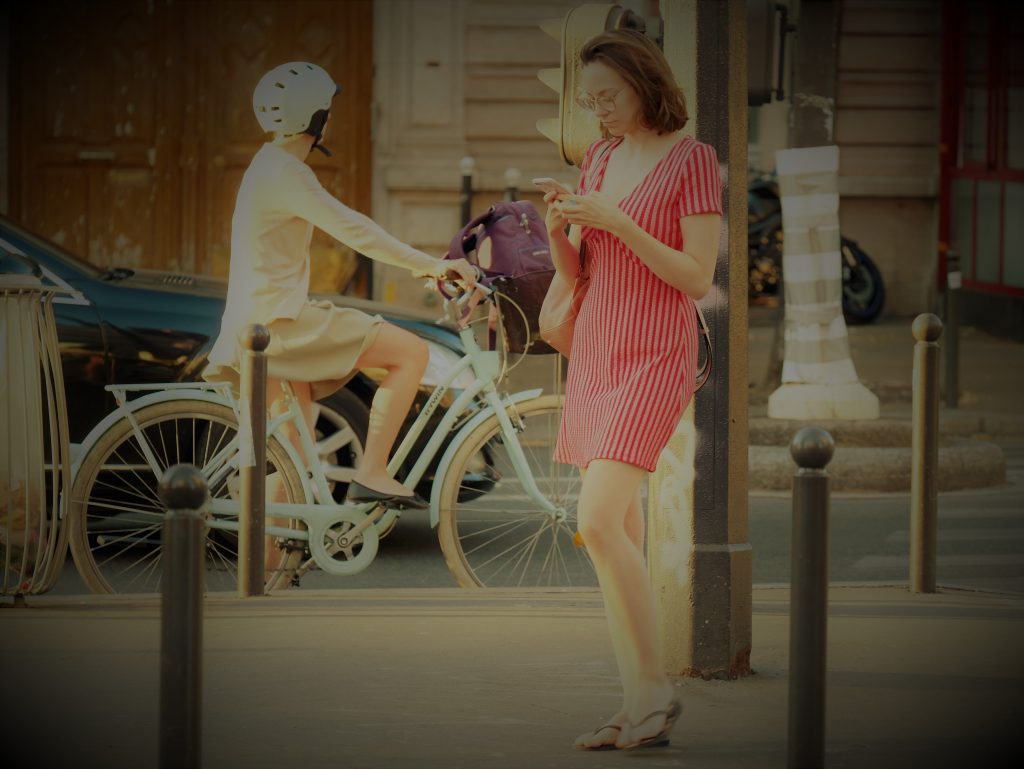
Once a virtual friendship has developed, it has consequences that may well extend into the real world or even penetrate it. Game partnerships can develop in which you go through virtual thick and thin together, as is common in strategy or sports games. Friendships can make the leap into the real world as protagonists meet and get to know each other in person. I’m sure almost everyone knows an example or two with hopefully positive outcomes. But we all know from the press reports of marriages, business successes, but also those of dark machinations and tragic encounters, up to deaths with criminal backgrounds.
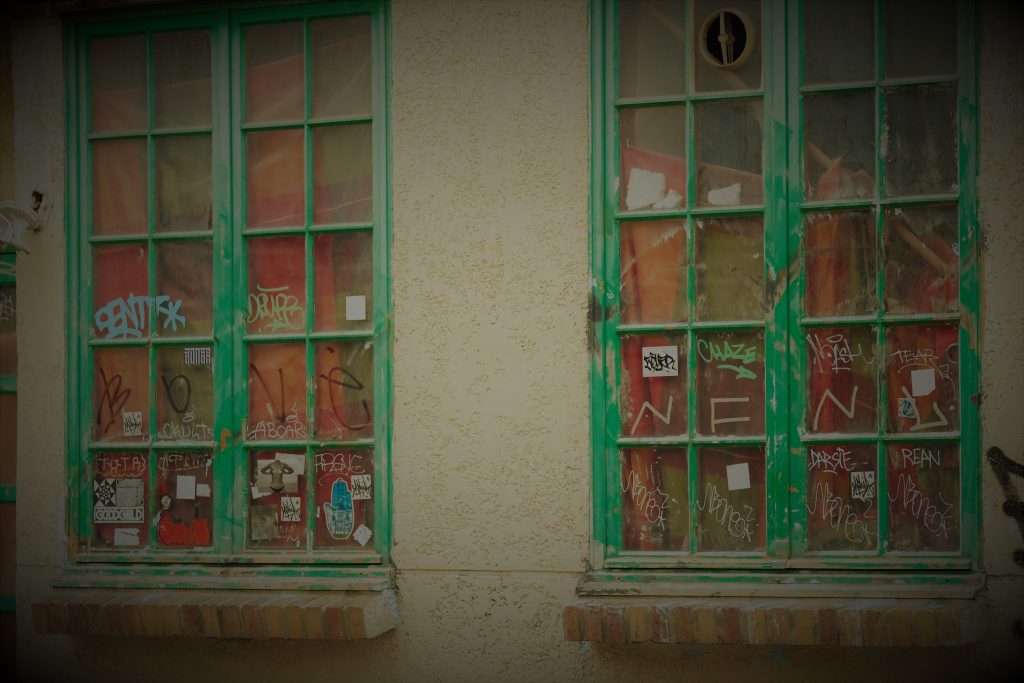
It therefore looks as if humans, as social beings, are quite capable of adapting to this altered reality and allowing something new and very valuable to grow out of the virtual abstraction, which can fill not only the digital experience but also our emotional dimensions and then, of course, leaves a painful void when the person connected to it also has to leave the digital stage with their death. In addition to the powerlessness in dealing with the loss, many questions arise here that probably remain mostly unanswered, since the person affected can no longer answer them. What remains is perhaps the contact to the family, if they want this and a possible chat history until the account is finally deleted. Often the virtual place where you supposedly met has disappeared.
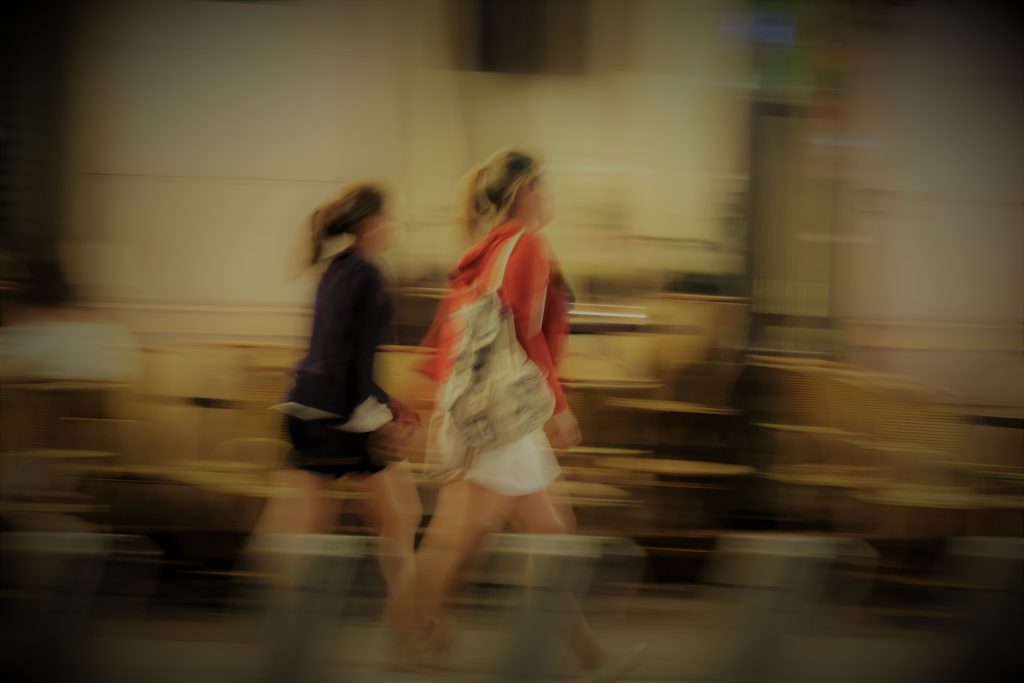
Story and photography By Dieter Hanf

